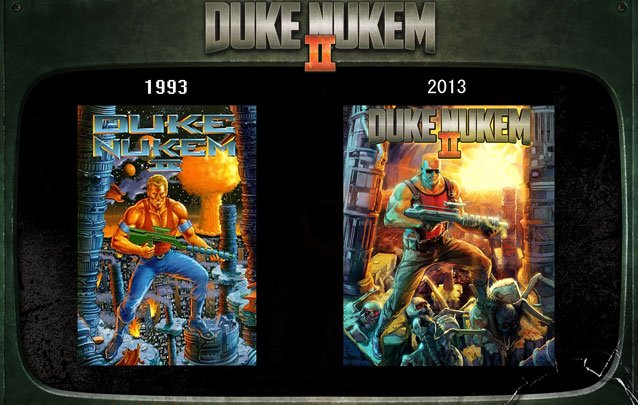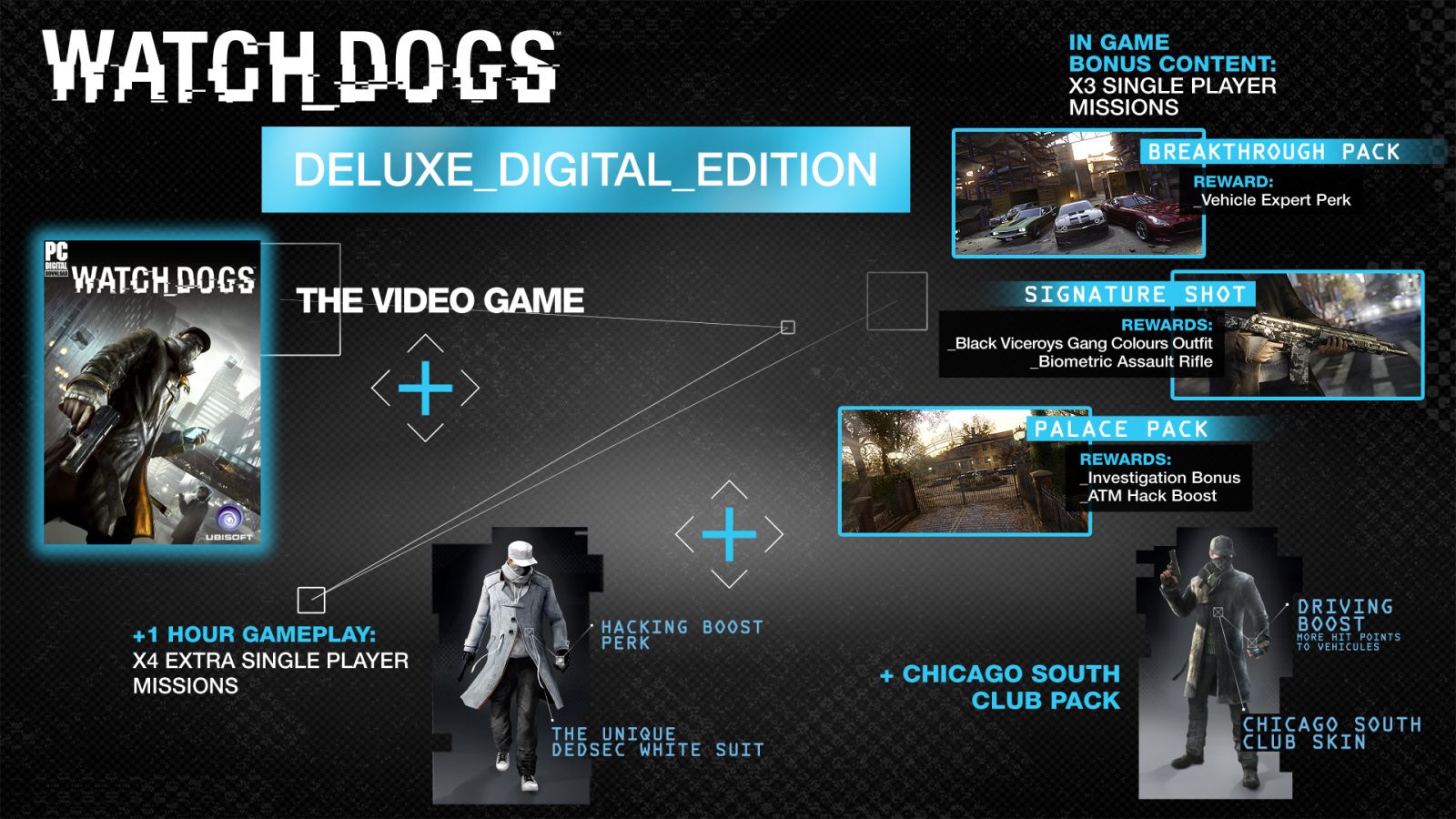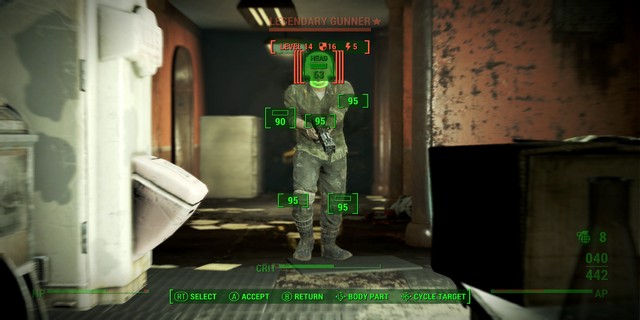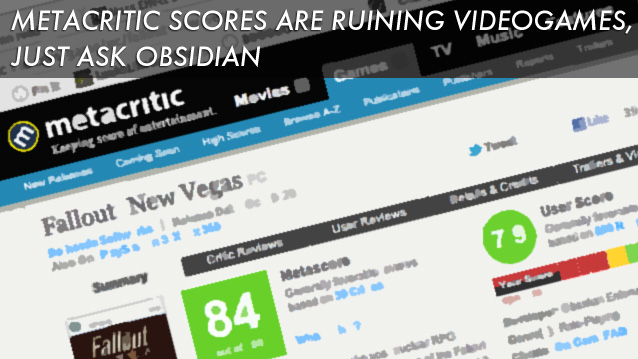


I’m a relative newcomer to the Civilization series and by newcomer I mean I’ve only put in about 350 hours. In any other genre this would be a mastery of the series but alas, this sum is nothing to be proud of in this arena of gaming. It will likely take getting into the quadruple digits to feel I have even a basic grip on its strategy, and it will likely take me years more to amass the expertise. Nonetheless, I’m a fan, and consider Civilization 5 among my favorite games.
When I first saw Civilization: Beyond Earth during a 2K presentation during E3 2014, I was initially bombarded with questions from fans and other writers inquiring if the game would be anything like its spiritual successor, Alpha Centauri. Initially I might have said yes, in that they share a setting and purpose, but mechanically, Beyond Earth plays as a Civilization game. If I were to estimate, I’d say at its base BE shares about 80% of its characteristics with its series namesake, and the user interface and basic strategy will be extremely familiar and easy to pick up for the seasoned player. If you’re looking for Alpha Centauri reborn, you’ll probably end up disappointed.
If you are, however, looking for a Civilization game in a fresh setting with entirely new purpose, this will be right up your alley. Beyond Earth takes place, as the name would suggest, in a future where Earth is no longer habitable. Citizens form regional federations to start over on a new planet, competing for total domination on the surface of a foreign landscape. Like the Civilization games before it, Beyond Earth is a careful turn-based balance of resource management, diplomacy, and military skill that examines the foundational factors influencing the development of great cultures. Players use their cunning and unique strategic advantages to pursue victory in a variety of ways, from pure firepower to more intellectual and science based methods.

Immediately upon firing up the game I was transfixed by its striking visuals. Bizarrely beautiful alien life forms dot the rugged green horizon while bold purples and fuschias transform the landscape into an atmospheric marvel. Exploration comes with an added sense of wonder and discovery as you encounter the unknown for the first time. Even the crisp sterility of the user interface is soothing in its efficiency.
Strategically, the details are in many places interchangeable with Civ 5. Energy acts as Gold for purchasing units and trade, Health takes the place of Happiness, and Production remains the same. Health will determine how fast the city borders grow, Production will gauge how quickly support buildings and military units can be produced, and Energy will allow the player to purchase what they cannot efficiently build. In place of a tech tree, there is now a tech web, branching out from a single point into interconnected areas of scientific research. The entries, which delve into sci-fi fantasy and supposition of the alien future, are fascinating, if a bit overwhelming to take in at first. A Virtues tree, very similar to the Cultural Policies tree of Civ 5, is filled with perks that you can choose as you gain Culture. Many of the choices are identical. Within two hours of playing, I found my newfound sense of fascinated discovery gave way to the same strategic patterns I use to dominate at Civ 5.
Where the game differs is in philosophical approaches to victory. One way to win Beyond Earth is to complete an Affinity path, essentially a loose set of beliefs that your civilization adheres to as they explore their new world (Harmony, Purity, and Supremacy). It roughly replaces the Science based approach of Civ 5. Each have a number of points, which can be accumulated through researching specific technologies in the web. The technology researched in one way or another ideologically supports the Affinity path being pursued, and thus the player is led to internally debate how this plays into their goals and beliefs.

This gives the game a chance to shine in a way that differs greatly from the rest of the series, inspiring dialogue about the ethics of colonization, eugenics, and the methodology of scientific research. This is also facilitated through a new type of quests previously unseen in Civilization, where the player is asked to make a choice between two decisions that will result in different benefits to their society. The scenarios posed are thought provoking, exploring the questions that a society would face if they were to discover on other planets. In that sense, Beyond Earth helps you both to build a story and to tell it, something Civilization could never quite achieve. And while Civilization 5 at its core was still a conquering game despite the many non violent paths to victory, Beyond Earth feels as though they’ve truly achieved a balance to that dynamic, allowing the player to win without forcing them to simultaneously devote enormous resources to military tech. The rival federations and factions seem much less volatile than the leaders of Civ 5 and there doesn’t seem to be the constant threat of unexplained conflict. However, I have not had a chance to test this yet at higher difficulty levels.
Other distinctive features setting Beyond Earth apart include orbital strikes, which act as a support unit offering a number of boosts and perks, for example adding Energy per turn or clearing tiles of poisonous miasma. The military upgrade system has been completely overhauled, allowing upgrades across all units as the player gain points in their chosen Affinity. Spies can now be assigned to specific tasks and missions. The dialogue during trades is somewhat improved, offering new insight into the somewhat fickle and confusing diplomacy system; leaders can now indicate how much favor is gained with them when granting requested resources. However, it adds only minimal clarity at best. The AI still lacks strategic instinct, a sad oversight in a game so focused on science fiction and future tech.
I should warn you that Civilization games are not for those with a casual, or even moderate, interest. They’re extremely time consuming to perfect and if you think you can just pop in for a piddly 100 hours and walk away, you are wrong. One of my friends has 1000 hours in Civ 5, and he still considers himself a novice. If you ever want to play another game again, this series is not for you. But, if you had to pick only one to play for the rest of your life, Civilization: Beyond Earth would be a solid choice. The various factions and Affinities will ensure multiple, robust playthroughs, each presenting unique scenarios that will encourage the player to strategize in challenging new ways with each file. I look forward to my next 400 hours with the game.
10 out of 10
A copy of the game was provided by the publisher for the purpose of this review. Developed by Firaxis Games and published by 2K Games, Civilization: Beyond Earth retails for $49.99.




 Madden 25 Review: Not Quite Next Gen
Madden 25 Review: Not Quite Next Gen Wii U Usability Lifehacks: Hints & Tips
Wii U Usability Lifehacks: Hints & Tips Fallout 4 Guide On How To Join The Brotherhood Of Steel
Fallout 4 Guide On How To Join The Brotherhood Of Steel Metacritic Scores are Ruining Videogames, Just Ask Obsidian
Metacritic Scores are Ruining Videogames, Just Ask Obsidian Bloodborne PS4 Guide: All Hunter Tools Location
Bloodborne PS4 Guide: All Hunter Tools Location